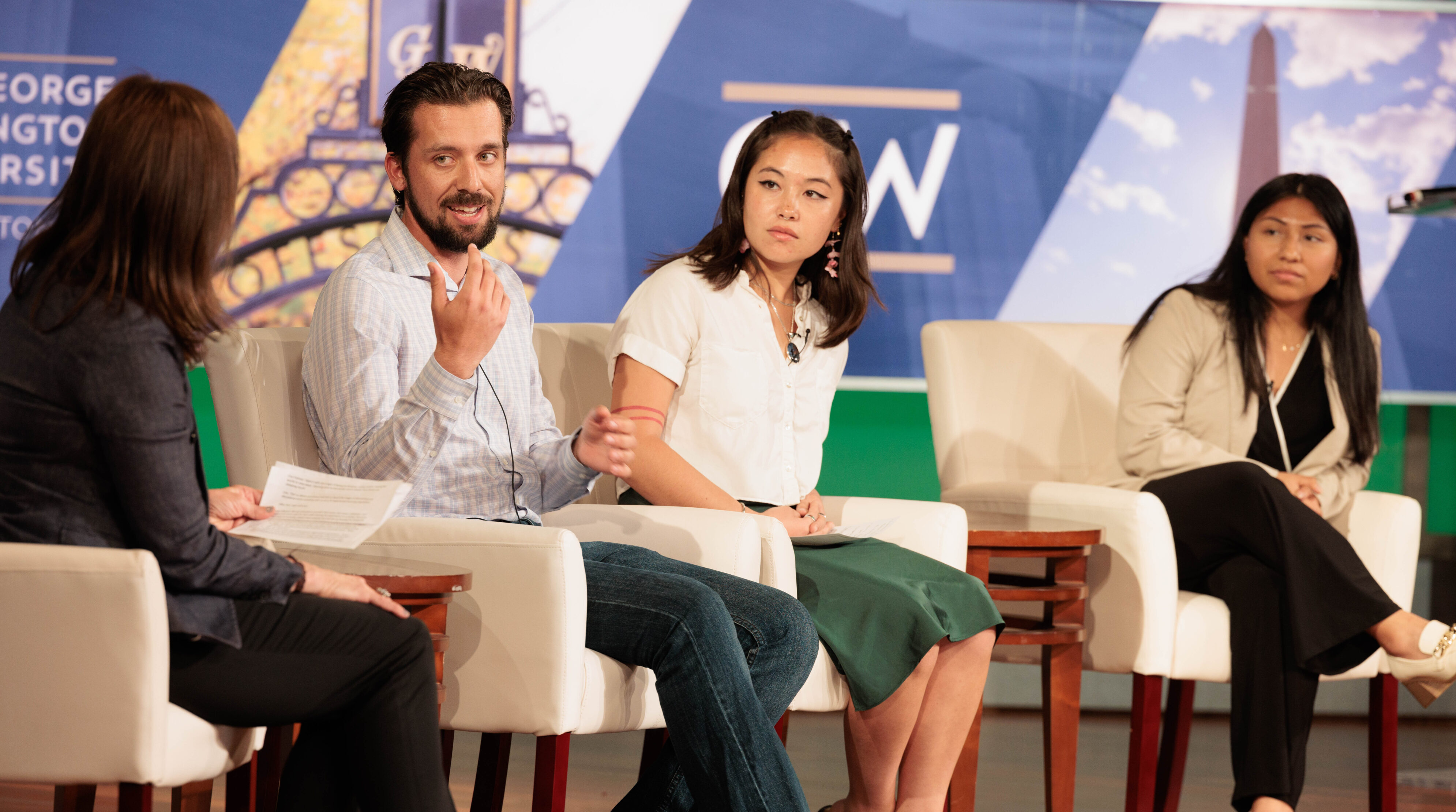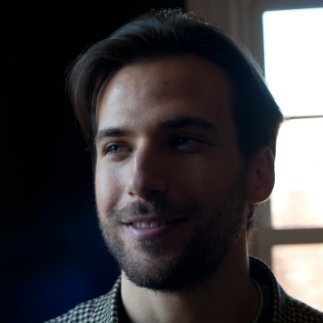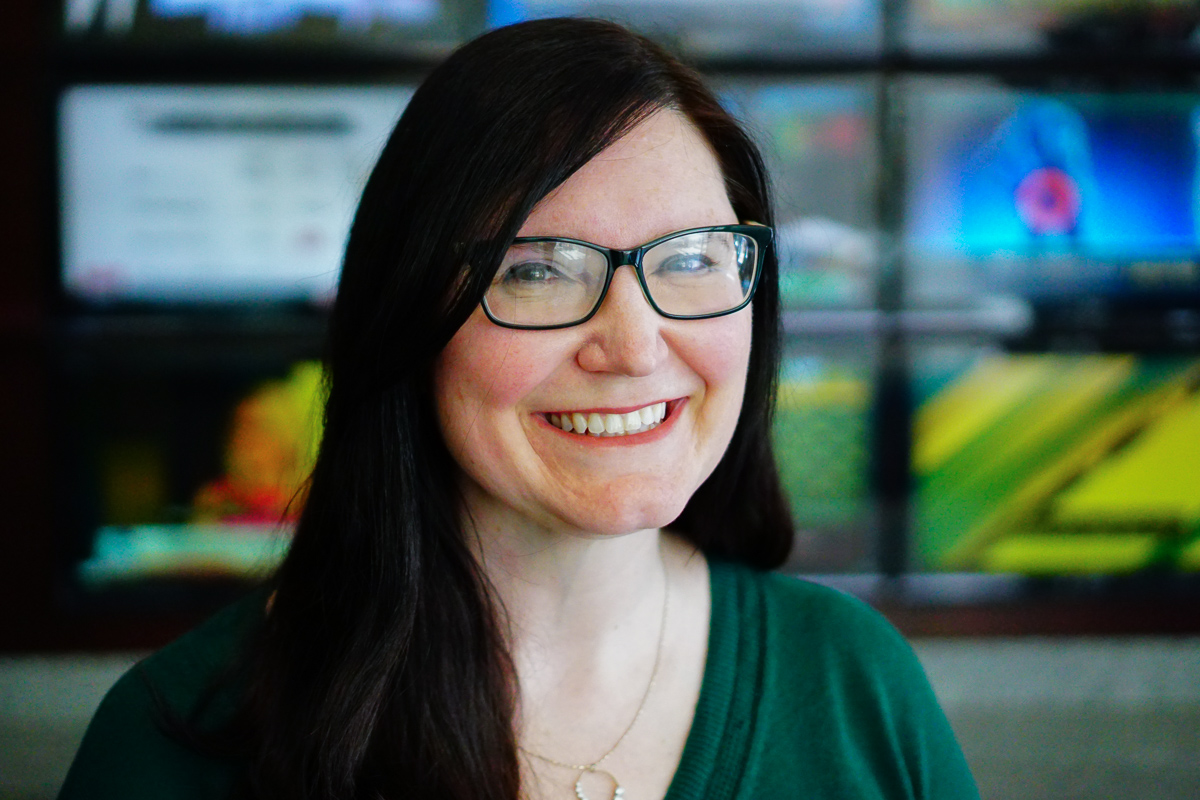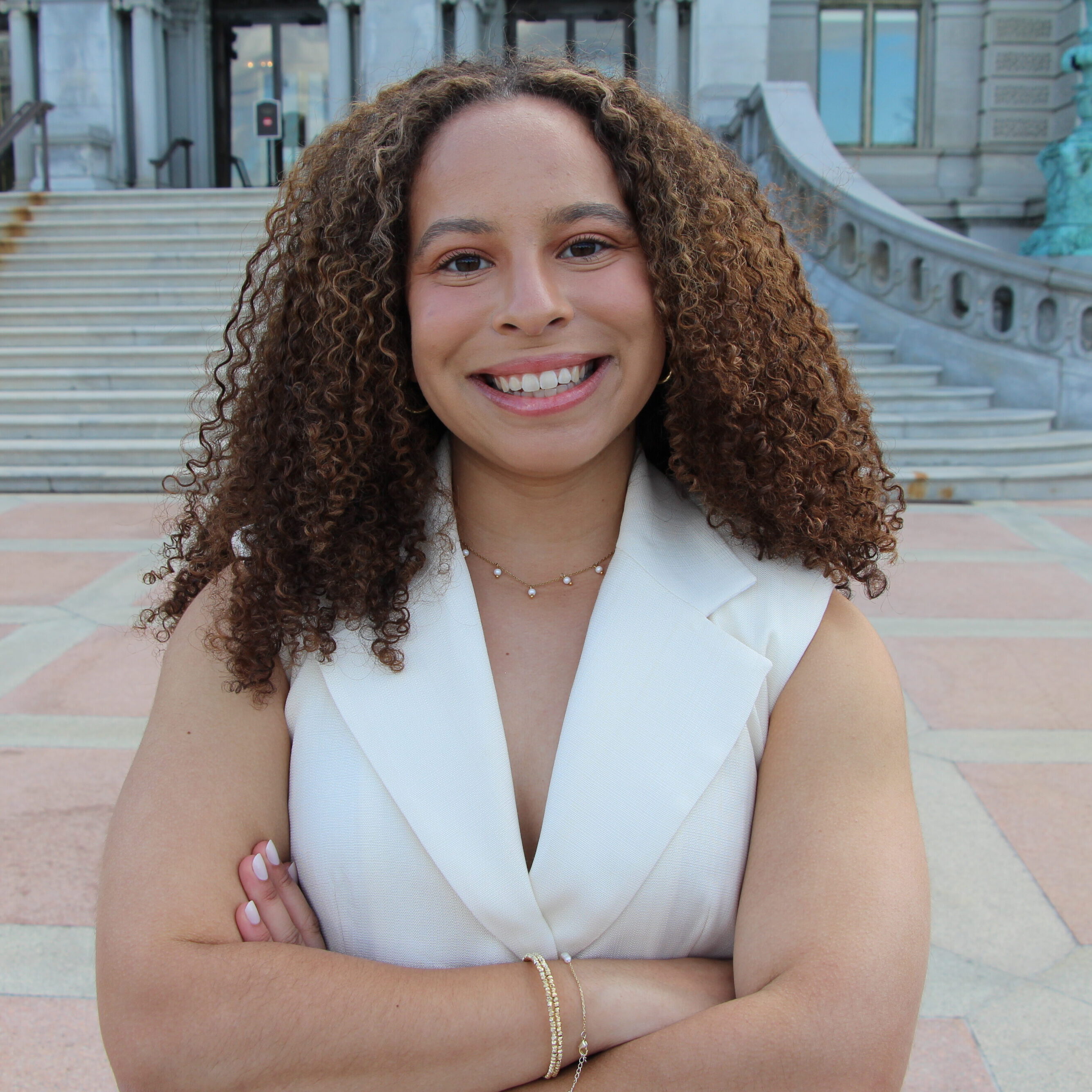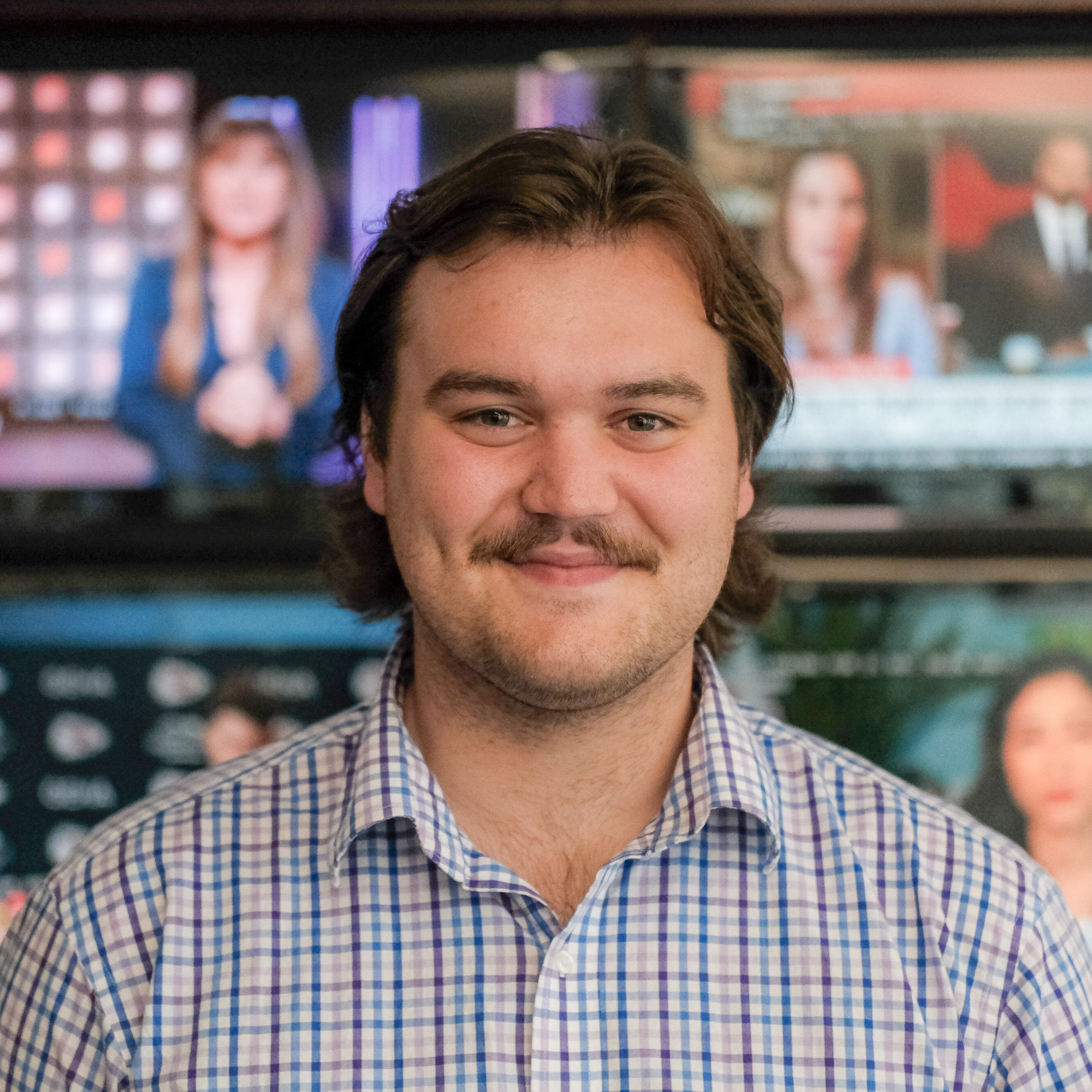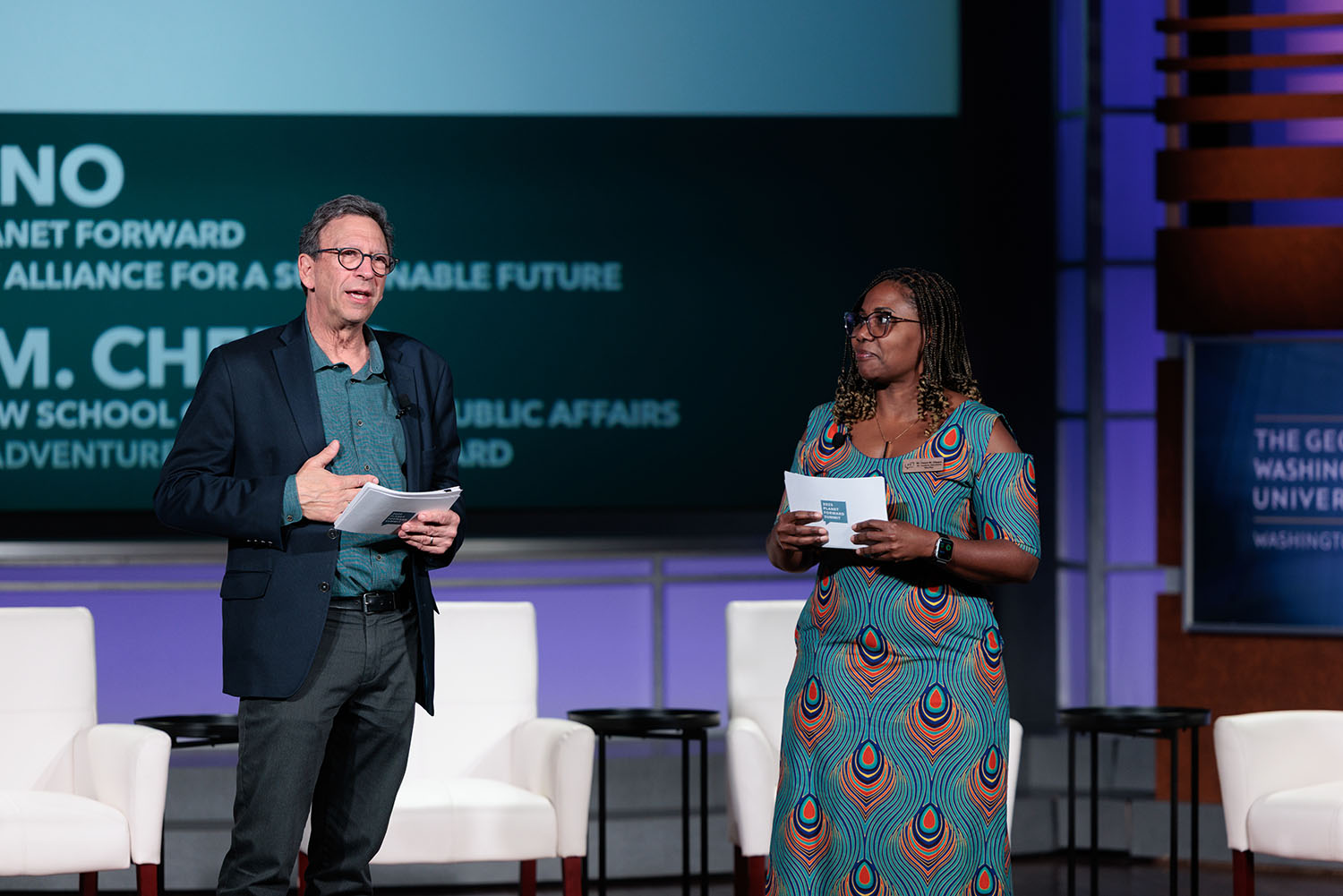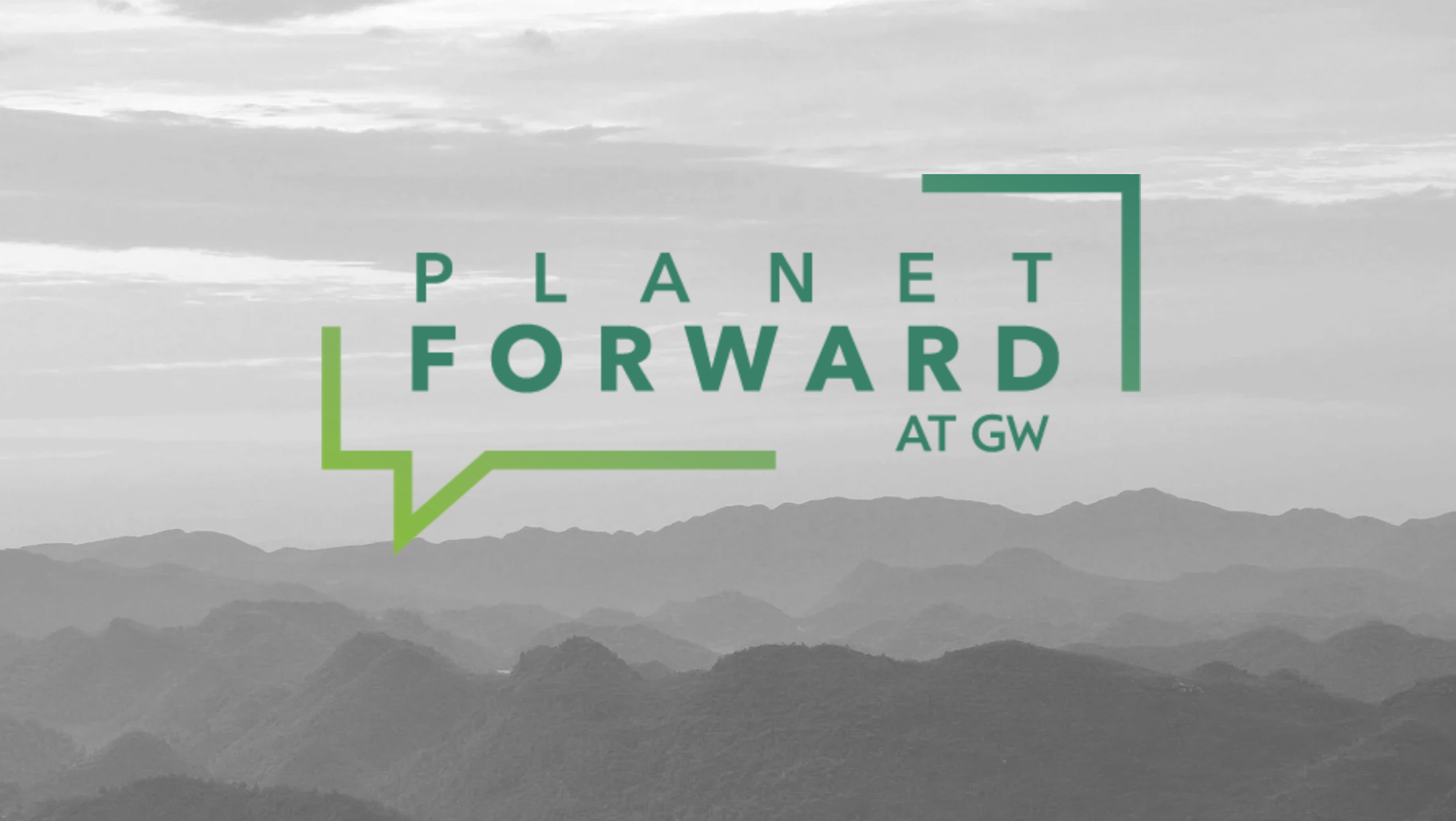 Wilted Green to promote sustainability discussions through fun.
Wilted Green to promote sustainability discussions through fun.
“For me when working on any sustainability initiative there has to be a little bit of joy embedded,” said Lasky. “Why are we doing this? It’s not just to make sacrifices and save the planet. It’s actually to bring meaning, joy, and a little bit of fun into my own life.”
Wilted Green is similar to Cards Against Humanity. Cards with phrases are played in response to prompts. Whoever drew the prompt picks their favorite response and the person who played it wins the round. The twist is that the cards have sustainability jokes and parodies.
“Cards Against Humanity does something really wonderful by providing people a framework to express their own humor,” said Lasky. “I may not come up with that joke by myself but by having those options in front of me, I’m able to express my feelings or share my humor with friends in a new and interesting way.”
He went on to say the game allows people to vent because there are a lot of passionate environmentalists. Some are very cynical, but not all of them have the sense of humor they maybe should have. Lasky hopes his game will be an outlet for people to express themselves and explore sustainability in fun, relaxing and creative ways.
His first foray into sustainability was in graduate school as a Presidential Administrative Fellow at GW around the time President Steven Knapp started at the University.
“I remember one of the first times I met him,” said Lasky. “It was like his third day on the job. I asked him, 'What’s your plan for addressing sustainability?' and he said, 'I’m not sure but I’d like you to be involved.'”
President Knapp put Lasky on an environmental task force. They came up with a set of recommendations, like opening an office of sustainability. Lasky became the first staff member when it opened the following year and was in charge of fields like energy management, waste production and student engagement.
Before his current role as Program Manager at the U.S. Green Building Council, Lasky was the Assistant Director for Sustainability Education at the University of the District of Columbia (UDC). He learned conventional methods do not always succeed after he tried to get people to sort their waste in common area trash and recycling bins.
“Part of that process was removing those individual desk side trash cans in faculty offices and giving them these small little desktop cans that look like little trash bins and saying this is all of the waste I create,” said Lasky. “I was talking to one faculty member about the concept. I gave them their new little mini trash can and they put it on the ground and kicked it out of their office.”
Lasky realized you have to laugh at some of this and understand not everyone is immediately on board with making change.
“Some people are not predisposed to the ideas you value,” said Lasky. “In order to get them to move you have to get them really excited about something or show them that its more fun where you’re trying to take them.”
This excitement stems from game prompts like "Leonardo DiCaprio’s next Oscar acceptance speech will highlight the plight of blank," and responses such as "a smug Prius driver." Some of Lasky’s favorites include glacial melt water, litterbugs and cow farts. He wasn’t afraid to include a few gross cards in the deck.
“Some people might be a little turned off but part of the objective is to get a little bit closer to the edge of comfort, so something like placenta smoothie,” said Lasky. “Not something you have every day.”
Creating a variety of timely, relevant and outrageous cards took Lasky hours of discussion with friends.
“I worked really closely with a core group of environmental nerds like myself to figure out what would resonate most with the audience,” said Lasky. He also received over 100 suggestions from his web form. They whittled down an initial list of 1000 cards to 40 prompts and 160 responses.
Wilted Green was a collective effort in more ways than one. Kickstarter made it possible.
“It was nice to have a platform that showed I was serious and gave me a little bit of structure, guidance and support,” said Lasky. He hopes the game’s structure will spur sustainability guidance and support through discussion.
“Every round is a little discussion on how we can do a little bit better, how we can engage a new audience, how we might rethink the language in some of these cases, or why some things in the environmental movement have become parodies of themselves,” said Lasky. “I think Wilted Green is educational because it allows some of these conversations to take place. It allows friends to take an in depth look at how we got here, why an issue maybe isn’t as prevalent in the news or relevant as it should be, and how we can change our individual needs to better that particular topic.”
Fun is still the main goal.
“It’s not meant to be like let’s talk about the polar bear standing on a shrinking piece of ice,” said Lasky. “If it’s not fun then people aren’t going to get on board.”
His friend played the game with three generations of family and said it was a fun way to bring up sustainability related topics and allow them to personalize their connection to these themes.
“Maybe at the Thanksgiving table or after dinner we won’t talk about environmental issues, but all of a sudden you introduce Wilted Green and it becomes a fun platform for an honest open discussion whether it’s sarcastic or not,” said Lasky.
Lasky is looking for new ways to bring people together over sustainability.
“I want to know if this resonates,” said Lasky. “I want people’s suggestions for cards and where this should go in the future. It’s just a side project. A little passion project but it seems like its picking up some steam.”
">Josh Lasky took an alternative approach to sustainability education after his work experience and Cards Against Humanity inspired him to create the game Wilted Green to promote sustainability discussions through fun.








